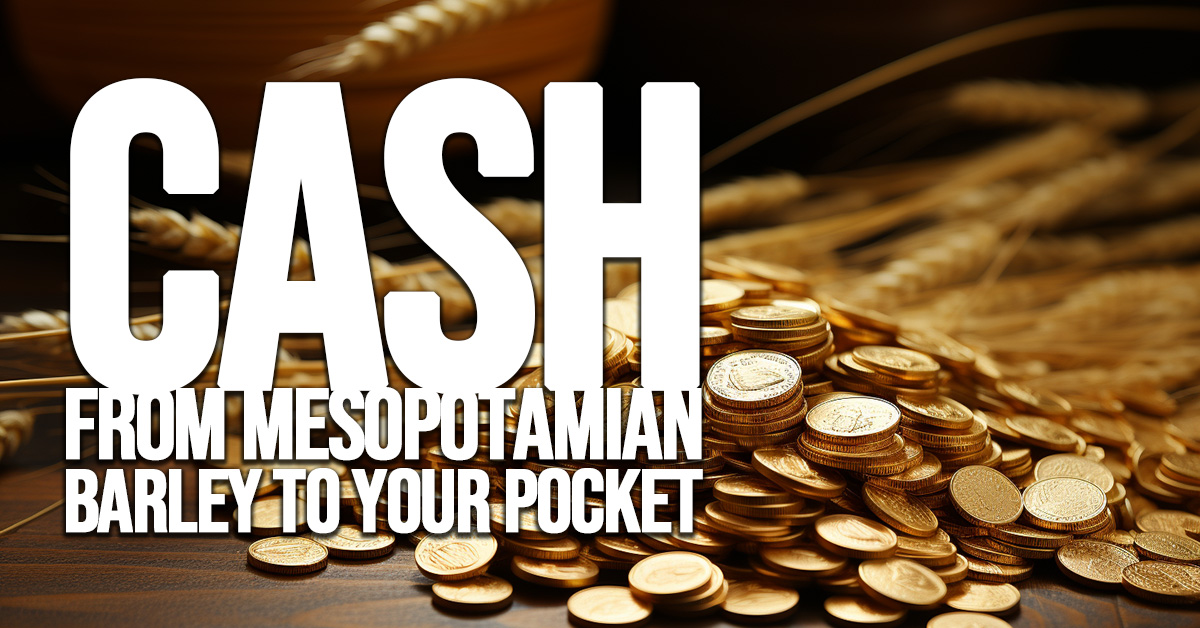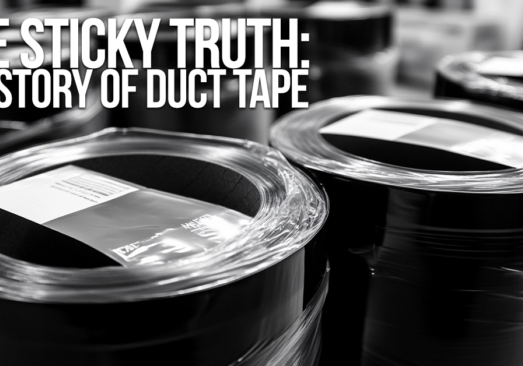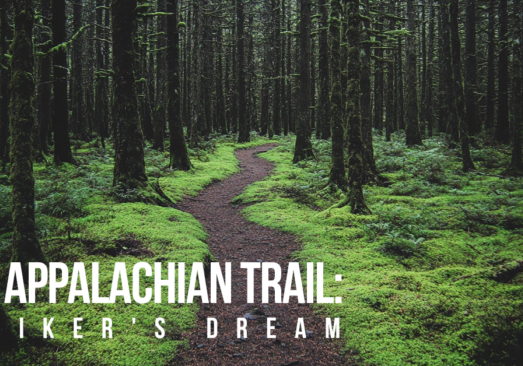Cash: A History Lesson (and Why It’s Still Relevant Today!)

Cash: A History Lesson (and Why It’s Still Relevant Today!)
Cash. It’s the crinkly stuff in your wallet, the emergency stash in your sock drawer (admit it, we all have one!), and the symbol of financial transactions for millennia. But in our age of digital wallets and instant transfers, is cash a relic of the past? Not quite! Believe it or not, cash still reigns supreme for a surprising number of purchases, accounting for roughly 30% of all transactions. So, let’s take a trip down memory lane and explore the fascinating history of cash, from its ancient origins to its role in our modern world.
Back in the Day: From Barley to “Continentals”
The story of cash stretches all the way back to 2227 BC! The Babylonians, known for their impressive record-keeping, are credited with creating the first official guidelines for money. Imagine paying for your groceries with a bag of barley – those were the original “sheckels”!
Fast forward to the American colonies. Even before the United States declared its independence, a mishmash of currencies circulated, from French and Spanish coins to English pounds. But in 1776, the newly formed nation needed its own financial identity. Enter the “Continentals,” the first $2 bills issued by the United States! These early notes were essentially “IOUs,” but they marked the beginning of a unique American currency system.
From “Greenbacks” to Federal Reserve Notes
The American Revolution ushered in a period of monetary experimentation. The Civil War saw the introduction of the first paper money in the U.S. – non-interest bearing notes called “Demand Notes.” These were quickly replaced by the iconic “greenbacks,” named for their distinctive green tint. Fun fact: greenbacks remained part of U.S. currency until 1971!
The late 1800s saw the rise of gold and silver certificates, literally receipts for precious metals held in government vaults. These certificates eventually faded away, replaced by Federal Reserve Notes established in 1913. Today, these familiar green notes make up a whopping 99% of circulating U.S. currency.
Cash in the Digital Age: Still Going Strong
While digital transactions are undeniably on the rise, cash remains a vital part of the financial landscape. There are several reasons for this:
- Small Purchases: For transactions under $10, cash is often the quickest and easiest option. No need to fumble with cards or phones, just a quick exchange and you’re on your way.
- Privacy: Some people prefer the privacy of cash transactions, especially for smaller purchases.
- Accessibility: Cash doesn’t require a bank account or internet access, making it a valuable tool for those who might be unbanked or underbanked.
The Takeaway: Cash May Be Old, But It’s Not Obsolete
Cash may not be the king of every transaction anymore, but it’s far from dead. Its long and storied history reflects its enduring usefulness. So next time you reach for your wallet, take a moment to appreciate this little piece of financial history – a reminder of how far money has come, from ancient grains to the bills in your pocket.
And hey, while you’re thinking about saving money, why not consider a free, no-obligation insurance review with our independent agents? They can help you find the right coverage and potentially lower your premiums. Now that’s something worth holding onto, cash or not!
Contact Us
Licensed in Colorado and Wyoming
1-719-233-6865
© Copyright 2024 Averill Insurance | All Rights Reserved
Site by ICA Agency Alliance
Licensed in Colorado and Wyoming
1-719-233-6865
© Copyright 2024 Averill Insurance | All Rights Reserved
Site by ICA Agency Alliance






























































